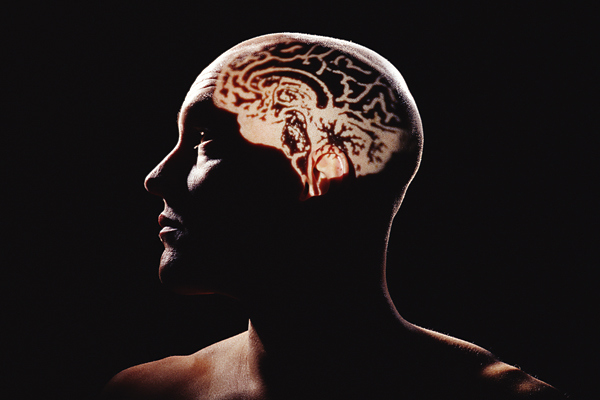Many people think that lapses in memory are signs of neurological disorders. However, it is important to know that minor memory lapses that come with age are usually not linked to neurological disorders such as Alzheimer’s disease. These are the result of changes in the structure and function of the brain. If you are worried about keeping your brain sharp, there are different ways on how you can not only protect but also improve your memory.
According to Improving Memory, a Special Health Report from Harvard Medical School, one of the best ways to have better memory is to keep learning and stay physically and mentally active. These help boost your “brain bank” and improves the brain’s ability to deal with damage linked to disease or injury.
Brain reserve capacity is the number of nerve cells and nerve-to-nerve connections or synapses. People who have more brain capacity can maintain memory and thinking skills even if a part of the “hardware” has been damaged. Cognitive reserve, on the other hand, is the brain’s ability to develop and use thinking strategies when disease or injury affects a part of the brain. People who have alternate cognitive strategies are less likely to experience problems in their mental processes.
There are many factors that can reduce a person’s brain reserve capacity such as strokes, injury or even toxins. Once this has been damaged, it will be difficult to rebuild it. However, there may be ways on how you can influence cognitive reserve. Some ways on how you can do this is by being physically active and engaging in stimulating activities such as reading, writing and playing board games. There are also other ways on how you can help protect your memory.

Don’t Skip Carbohydrates
Did you know? Skipping carbohydrates can harm your memory. A research at Turfts University found that people who did not include carbohydrates in their diets did not perform well on memory-based tasks compared to people who regularly consumed carbs. The reason for this is that the brain cells need carbohydrates. The body converts it to glucose which helps keep the body performing physically and mentally.
You may want to pick healthy carbs such as whole grains and complex carbs. These are digested more slowly to deliver a steady stream of glucose. Good breakfast choices include a muffin or toast bread with scrambled eggs and a cup of berries.
Add (Healthy!) Fats to Your Diet
Research suggests that certain types of fats may help people maintain good memory. It is best though to choose healthy fats such as nuts, salmon and vegetable oils. It would definitely be beneficial to you and your memory if you include a good amount of it in your diet.
Stay Mentally Active
As mentioned above, it is best to keep your brain active and stimulated. There are different activities that will keep your brain challenged such as puzzles and board games. Reading is another way to keep your mind active. Get a new book or re-read your favorite books.
Although there are a lot of simple ways on how you have better memory, don’t forget that your overall health will affect your mind as well. If you have to be mentally fit, take care of your body by having a good diet and with regular exercise.
FitFarms is a Weight Loss Camp company based in the UK. Our weight loss camp approach will help you build a stronger, healthier relationship with exercise and nutrition.
